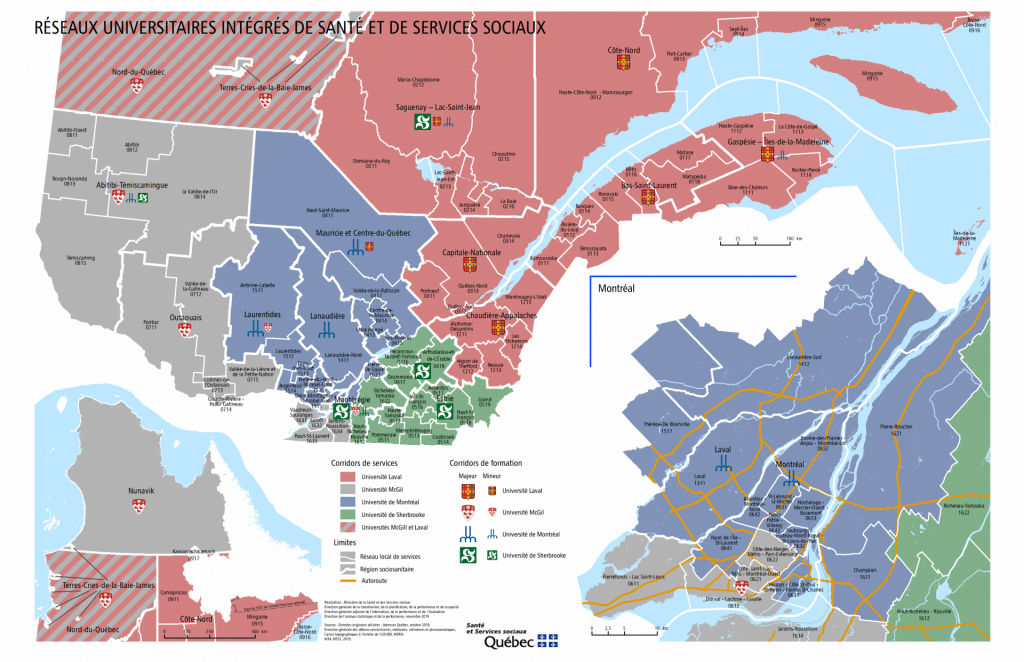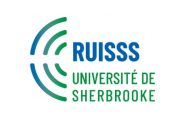The Unit is a joint financial initiative between the Canadian Institutes of Health Research (CIHR) and the Quebec government. It supports and catalyzes implementation of a Learning Health System based on patient-oriented research.
Our ability to offer structured programming for Quebec in the coming years is mainly due to recent investments by the Ministère de la Santé et des Services sociaux du Québec (MSSS) for clinical and organizational data valorization and a generous fellowship program from the Fonds de recherche du Québec for POR succession training.

Structuring partnerships
Toward a Québec Ecosystem
The Unit plans to help build a true province-wide ecosystem with its partners and collaborating organizations that will establish connections between:
- The health care network
- The research network
- The various knowledge mobilizing organizations
- Other SPOR provincial entities
The Unit’s expertise is based in particular on facilitating collaboration among the four major University Health and Social Services Networks, the Réseaux universitaires de santé et de services sociaux (RUISSS). The RUISSSs federate universities and their affiliated health and social services network institutions.
The territory of Quebec is divided among the following four RUISSS, according to the four groups of university institutions (CHU, university institutes and CIUSSS), named after the four universities with a faculty of medicine, to which they are attached, namely
- RUISSS Université Laval
- RUISSS McGill University
- RUISSS Université de Montréal
- RUISSS Université de Sherbrooke
Source: Ministère de la Santé et des Services sociaux du Québec
“The coming together of these traditionally highly competitive institutions alone embodies a notable success attributable to the establishment and operation of the Unit.”
Dr. Alain Vanasse, Scientific Director from 2019 to 2021

Who are our partners?
The Ministère de la Santé et des Services sociaux (MSSS)’s mission is to maintain, improve and restore the health and well-being of Quebecers by providing high-quality, integrated health care and social services, thereby contributing to Quebec’s social and economic development.
The Canadian Institutes of Health Research (CIHR) is Canada’s federal funding agency for health research. Composed of 13 Institutes, the CIHR collaborates with partners and researchers to support discoveries and innovations that improve Canadians’ health and improve the health care system.
“To implement POR in Canada, the CIHR has concluded funding partnerships with the provinces and territories, philanthropic organizations, teaching institutions and health charities. The result: Canada’s Strategy for Patient-oriented Research (SPOR).”
CIHR’s Strategy for Patient-Oriented Research (SPOR) is deployed by the Support Units and other SPOR entities that collaborate together and participate in various national committees and communities of practice. The Unité de soutien SSA Québec one of the SPOR’s provincial units.
Other units

Hotıì ts’eeda Northwest Territories (NWT) support unit
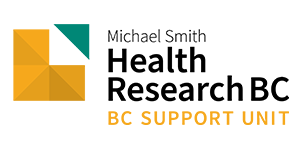
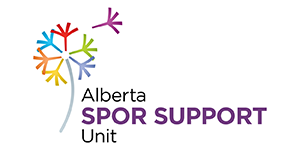
Alberta Strategy for Patient Oriented Research SUPPORT Unit (AbSPORU)
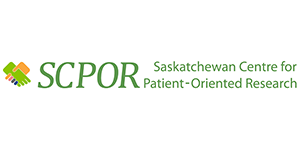
Saskatchewan Centre for Patient-Oriented Research (SCPOR)
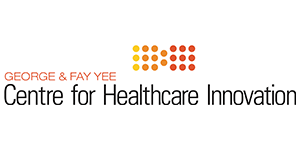
George & Fay Yee Centre for Healthcare Innovation | University of Manitoba (Manitoba)
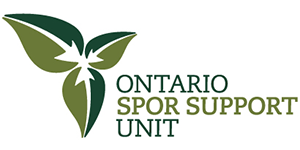
Ontario SPOR SUPPORT Unit – Strategy for Patient Oriented Research
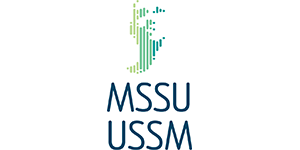
The Maritime SPOR SUPPORT Unit (MSSU) (PEI,NS,NB)
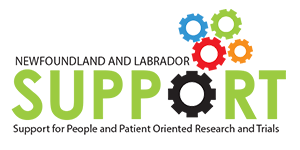
NL SUPPORT (Newfoundland et Labrador)
Yukon Dr. Liris Smith lsmith@yukonu.ca
Other SPOR funded entities
- Canadians Seeking Solutions and Innovations to Overcome Chronic Kidney Disease (Can-SOLVE CKD)
- CHILD-BRIGHT
- Chronic Pain Network
- Diabetes Action Canada
- IMAGINE (Inflammation, Microbiome, and Alimentation: Gastro-Intestinal and Neuropsychiatric Effects) Chronic Disease Network
- Strategy for Patient-Oriented Research (SPOR) Evidence Alliance
- Health Data Research Network (HDRN)
- National Training Entity (NTE)
- SPOR Primary Care Research Network
- Youth and Adolescent Mental Health – ACCESS Open Minds
Reporting to the Minister of Economy and Innovation, the mission of the Fonds de recherche du Québec is to ensure the strategic and coherent development of Quebec research and support it financially, support the training of researchers, establish the necessary partnerships for these researchers to carry out their mission, and promote and support the mobilization of knowledge.
The RUISSSs federate universities and their affiliated health and social services network institutions.
They were created to promote cooperation, complementarity and integration of the care, teaching and research missions of health care institutions with a university designation and the universities with which these institutions are affiliated.
The réseaux universitaires intégrés de santé (RUIS) were created in 2003; social services (RUISSS) were integrated in 2005, and their mission was defined in the Act respecting health services and social services.
The territory of Quebec is divided among the following four RUISSS, according to the four groups of university institutions (CHU, university institutes and CIUSSS), named after the four universities with a faculty of medicine, to which they are attached, namely
Réseau-1 Québec is a primary care knowledge network based on an infrastructure of member clinics attached to one of four practice-based research networks (PBRN) which cover all of Quebec. Each PBRN is under the responsibility of a department of family medicine and emergency medicine at Université Laval, McGill University, Université de Montréal or Université de Sherbrooke.
Oncopole is a Quebec research, development and investment hub advancing the fight against cancer. Created in February 2017, Oncopole is the result of a unique co-creation effort by the Fonds de recherche du Québec – Santé (FRQS). Oncopole’s mission is to act as a catalyst for actions rolled out by Quebec’s oncological research and innovation ecosystem and to position the province as a leader in the field. Its priorities—research, entrepreneurship, promoting and integrating innovations, and clinical relevance—are carried out to mobilize stakeholders, find innovative ways to fight cancer, and ultimately, to benefit patients.
Collaborators
- Access – Open Minds
- Diabetes Action Canada (DAC)
- Association pour la santé publique du Québec (ASPQ)
- Centre Déclic
- Centre d’excellence en partenariat patient public (CEPPP)
- Centre interuniversitaire de recherche en analyse des organisations (CIRANO)
- Centre interuniversitaire québécois de statistiques sociales (CIQSS)
- Groupe de recherche interdisciplinaire en informatique de la santé (GRIIS)
- Institut national d’excellence en santé et services sociaux (INESSS)
- Institut national de santé publique du Québec (INSPQ)
- Institut de la statistique du Québec (ISQ)
- Institut universitaire de première ligne en santé et services sociaux CIUSSS de l’Estrie – CHUS
- Institut universitaire de première ligne en santé et services sociaux CIUSSS de la Capitale-Nationale
- Pôle Santé – HEC Montréal
- Réseau québécois de recherche sur le vieillissement (RQRV)
- Université du Québec (some universities of the network)
- Anaïs Lacasse, researcher at UQAT, scientific director of communauté de recherche TorSaDE

